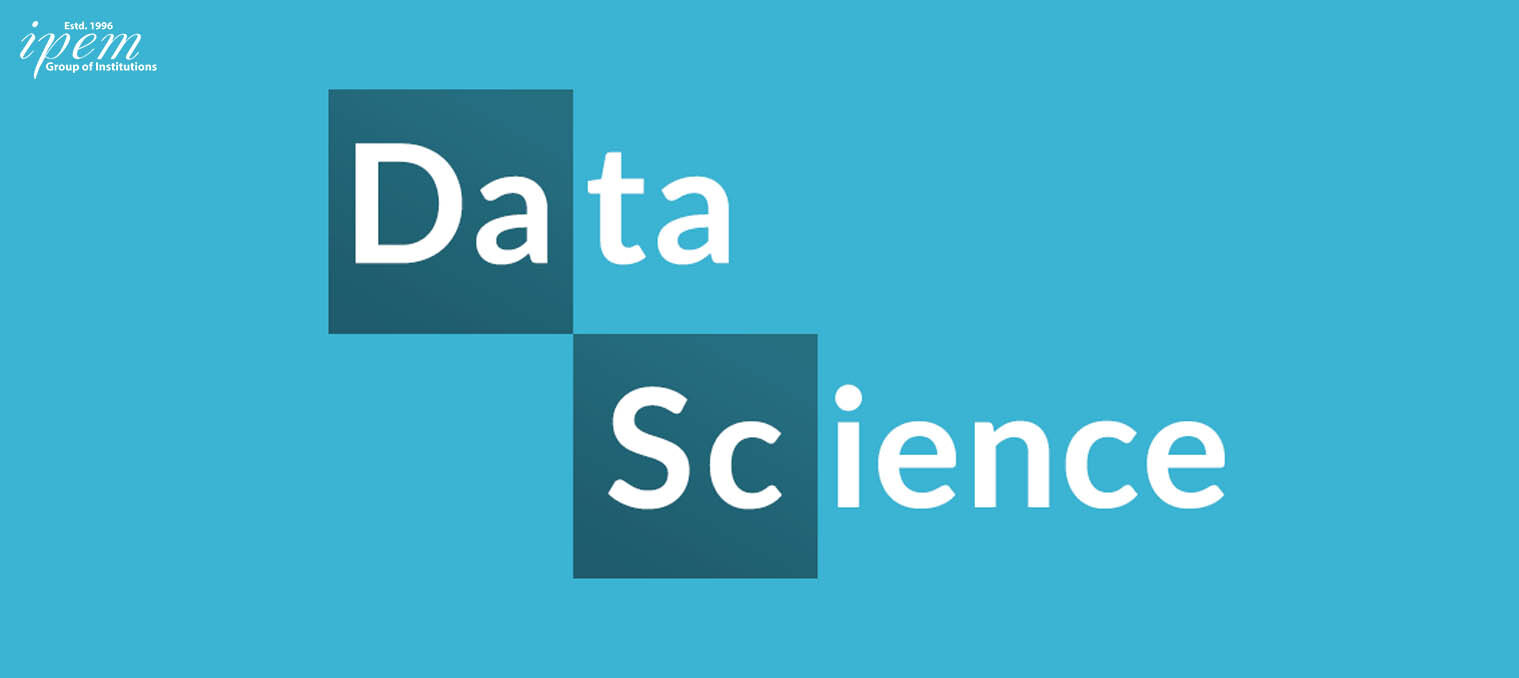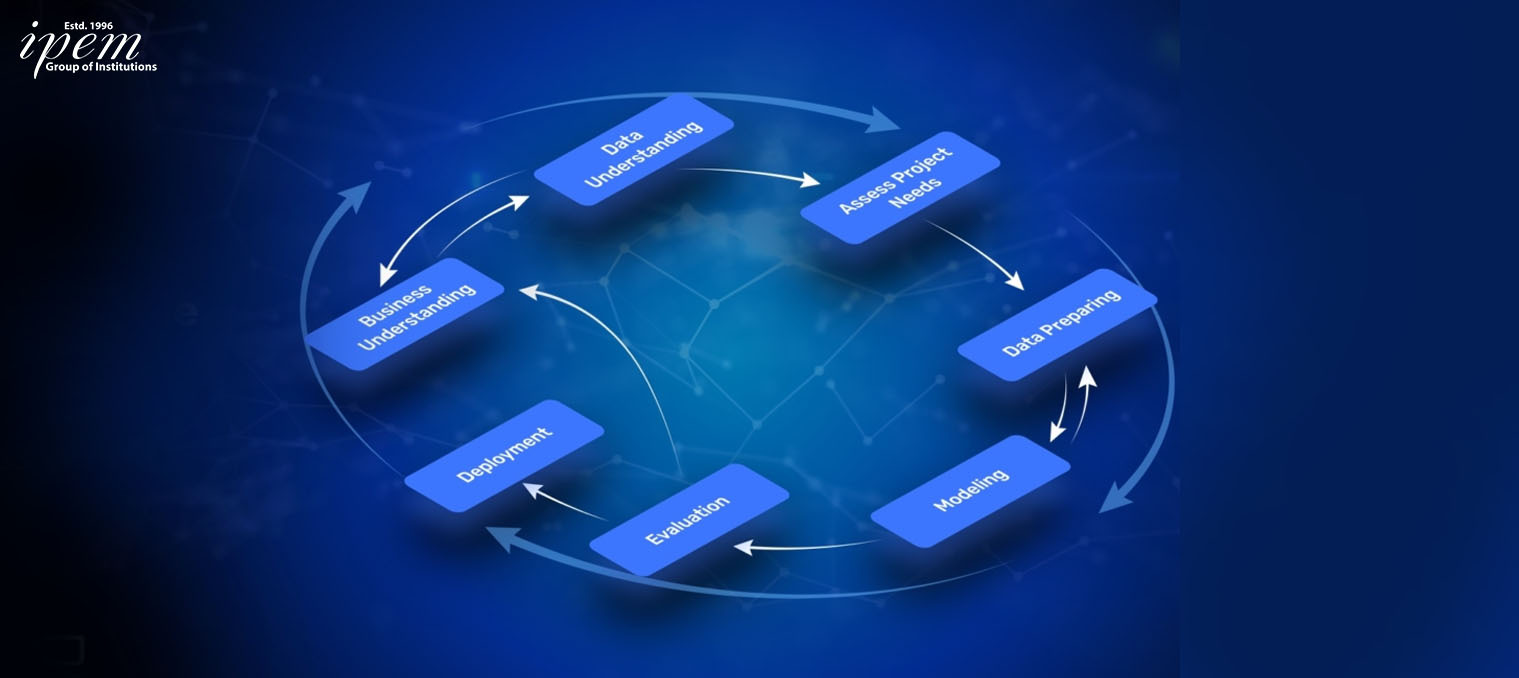Data science is an IT buzzword that has gained popularity in past few years. In a nutshell, data science deals with the vast volume of data using modern equipment and technology. It combines maths and stats along with AI and ML to discover meaningful information and patterns for improved insights to support strategic planning and decisions making. Using these complex machine learning algos, one can collect, organize and analyse data to perform actionable takeaways.
What is Data Science?

It’s a holistic, thorough and refined approach to interpreting raw data to extract a valuable whole. Spotting patterns within large volumes of data using advanced machine learning and AI algorithms. Realizing the potential of data science, more and more companies are gaining a competitive edge by leading the market through AI, ML and Data sciences.
Who are Data Scientists?

Data scientists are skilled professionals who implement machine learning algorithms to detect patterns and structures within large volumes of data. They excel in math, stats and other programming languages like R, Python and SQL. Data scientists implement ML on numbers, text, images, video, and audio to come up with more efficient AI systems that are easy to use and can churn out valuable insights. These insights can be used to deliver value to business ideas.
DS Lifecycle

The immense inclination towards data science led to the development of five distinct stages that are integrated but still have their own scope. To speak of it, the five stages of the data science lifecycle are as followed. Everything revolves around the goal of an enterprise, and so does the data.
- The initial phase caters to the capturing of data. It involves gathering raw, unstructured and structured data for data Acquisition, Data Entry, Signal Reception, Data Extraction, etc.
- Next comes maintenance which takes the raw data and put it into a synchronised form. It covers data warehousing, Data Cleansing, Data Staging, Data Processing, and Data Architecture.
- Further, it’s about the process that involves the preparation of data and evaluation of the patterns, ranges and biases to determine its usefulness and make predictive analysis. Besides, Data Mining, Clustering/Classification, Data Modeling, Data Summarization, etc.
- Thereafter, go for analyzing part, the soul of the process. Various analyses are performed during this stage and some of them are Exploratory/Confirmatory, Predictive Analysis, Qualitative Analysis, Regression, Text Mining, etc.
- Last but not least is communication, i.e., a readable version of all the charts, graphs and reports. All of this help in Data Reporting, Data Visualization, Business Intelligence, and Decision Making.
Jobs and Salary in Data Science

Data science is a valuable field that can help you gain enough salary and career growth. Being the fastest growing field, it offers the best growth scope for jobs and careers.
Some of the prominent roles are Data Scientist, Data Analyst, Business Analyst, Data Engineer, Machine Learning Engineer, Machine Learning Scientist, Data Architect, Enterprise Architect, Infrastructure Architect, and Business Intelligence Developer. The average salary for a data scientist ranges from 5 LPA to 10 LPA. Seeing the promising career prospect, more and more students are enrolling in BCA programs, MCA or B.tech programs to get an edge in the domain.
Also Read: Data Science vs Big Data vs Data Analytics
Importance of Data Science

Data is the core of development in this technology-driven era. A massive amount of data is created every day and is used to make valuable insights and data-driven smart decisions. Here comes the rule of data science that empowers us to understand data efficiently. It helps us monitor, manage and collect data from multiple sources to use it for making critical decisions. Irrespective of industry, data science has its relevance everywhere in every industry to improve consumer engagement, and corporate performance, and boost revenue.
Data Science Skills You Should Know
Data science is a vast field that covers various industries. Knowledge of skills and languages is important to start a career in any field along with the required skillset, interest, education background and work experience.
- The candidate should have proper experience in programming using languages like Python and R.
- Though knowledge of database management is essential to learn and apply SQL to communicate with databases.
- Knowing how to analyze data to solve problems is important.
- They should know how to extract insights from big data using AI, predictive analytics, deep learning, NLP and other models of machine learning.
- Familiarity with a wide range of tools and techniques is important to prepare and extract data from databases and SQL.
- Should possess business acumen for enhanced data analysis.
- Some of the technical skills needed for the same are Statistical analysis and computing, ML, deep learning, data visualization, data wrangling, maths, programming, etc.
Is Data Science the Future?

Apparently, the faster processing of information is the future. Since machine learning has the potential to accelerate the speed of in transfer of information and production of information, data science along with quantum computing can reign in the future. Data science can significantly reduce the time to solve complex problems.
Data science can benefit the future in different ways. Like it supports anomaly detection, classification, forecasting, recognition, pattern detection, recommendation, regression and optimization. Anyone with the slightest interest in the field can be a part of it. The field also welcomes industry-ready candidates who have the knack to harness the power of data.







1 comment
Awesome post…….it is just very simple and easy to read & understand.
Comments are closed.